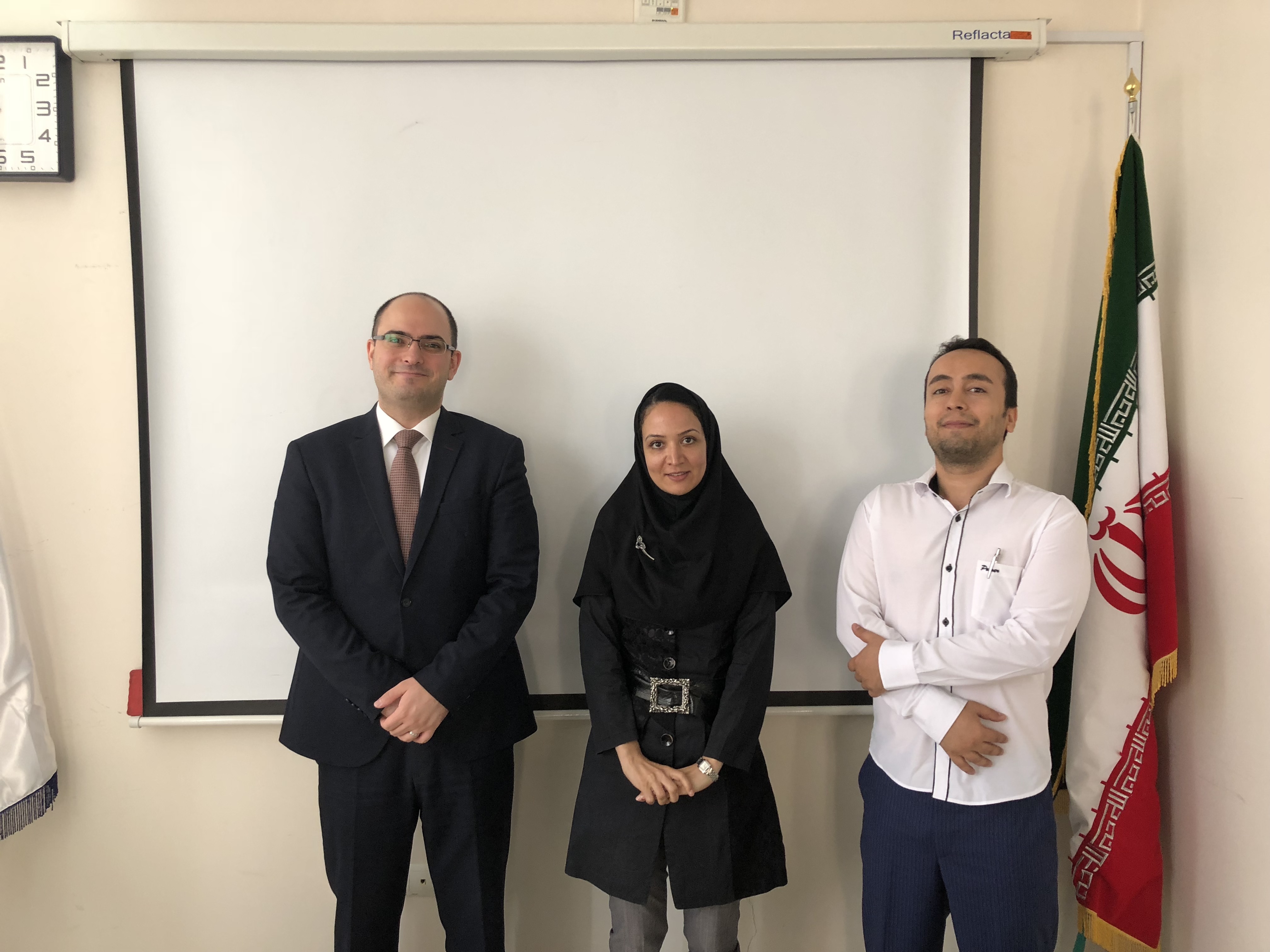Following its May withdrawal from the Joint Comprehensive Plan of Action (JCPOA )nuclear deal, the US Trump Administration is reimposing a series of sanctions on Iran, targeting Iranian trade in aircraft, automobiles, pistachios, and gold. In November, an additional round of sanctions will target exports.
Meanwhile the Trump Administration and the Iranian regime are certainly in a war of words at the moment, with President Donald Trump and Iranian President Rouhani exchanging threatening tweets, Trump offering a summit and being rebuffed by Iran, US Secretary of State Mike Pompeo flagging increased US support for Iranian protestors and dissidents, and Iran threatening to close the strategically vital Strait of Hormuz.
This reality means that Australia should urgently clarify its stance towards Iran.
We know that Foreign Minister Julie Bishop and Mike Pompeo discussed Iran at the July AUSMIN summit.
While Bishop, commendably and appropriately, has been recently criticising Iran’s regional military aggression and ongoing missile development, Australian diplomats are actively reaching out to Teheran’s commercial class and signalling a “wait and see” approach to the discredited JCPOA.
Australia needs a clear and consistent position– which should be based on Australia’s national interest in robustly addressing the threat posed by a belligerent, expansionist and irresponsible Iran.
As smuggled intelligence documents revealed by Israel have shown, Iran’s nuclear program was further advanced than anyone thought. Further, since the signing of the nuclear deal, Iran has continued to pursue its strategy of non-compliance and incomplete disclosure of its nuclear capabilities and ambitions.
This means that, contrary to claims often heard, it is not true that Iran has complied with the terms of the JCPOA nuclear deal reached between Iran, the US, UK, France, Russia, China and Germany. That deal required Iran to cooperate with the International Atomic Energy Agency (IAEA) to account for and document its past nuclear efforts. The archives Israel captured prove conclusively that not only did Iran fail to do so, it actively sought to conceal its nuclear expertise from IAEA scrutiny. These are clear violations of the JCPOA.
Meanwhile, the JCPOA agreement not only failed to do more than temporarily postpone a nuclear Iran but has effectively empowered Iran to step up its other menacing activities.
Much to the disgust of long-suffering Iranians, funds released under that deal have been used primarily to save the despotic Syrian leader Bashar al-Assad and to aid the rebels in the murderous war in Yemen, to fund and direct terrorists, and to destablise most of Iran’s other neighbours - all developments definitely not in Australia’s national interest.
Furthermore Iran’s ballistic missile program is continuing - in contravention of UN resolutions.
Meanwhile, even before US sanctions were restored, the economic pressure on the Iranian regime has been growing rapidly. Iran’s Rial is in free fall, inflation is estimated at 220%, multinational investors are fleeing in droves, and street protests against the dire economic situation have become frequent and nationally widespread.
...Renewed pressure on Iran is the key to both changing these unacceptable arrangements on the nuclear issue, and to making new agreements to address the Iranian regime’s other rogue activities.
Yet even though Australia has only very limited economic ties to Iran, Australian diplomats have recently been actively encouraging further links, even as European and Asia companies have been pulling out en masse.

In July, Australia’s Trade Commissioner in Iran, Mounir Sankary, met with officials from Iran’s Sharif University, and the Australian Embassy in Teheran announcing the meeting, noted “Australian companies are keen on doing business with Iran.”
[At another meeting with Sharif University on 7 August 2018, Sharif reports: "Mr. Sankary expressed the importance of having strong relations with Iran and especially Sharif University of Technology and emphasized that his organization, Australian Trade and Investment Commission (Austrade) wholeheartedly supports joint efforts between Sharif and Australian universities."]
Thus the Australian Government’s more critical stance of late must be backed up by our diplomats. Iran poses a serious threat for our allies and for international and regional order and Australia has a useful role to play in assisting US efforts to deter, counter and contain that threat.
No comments:
Post a Comment